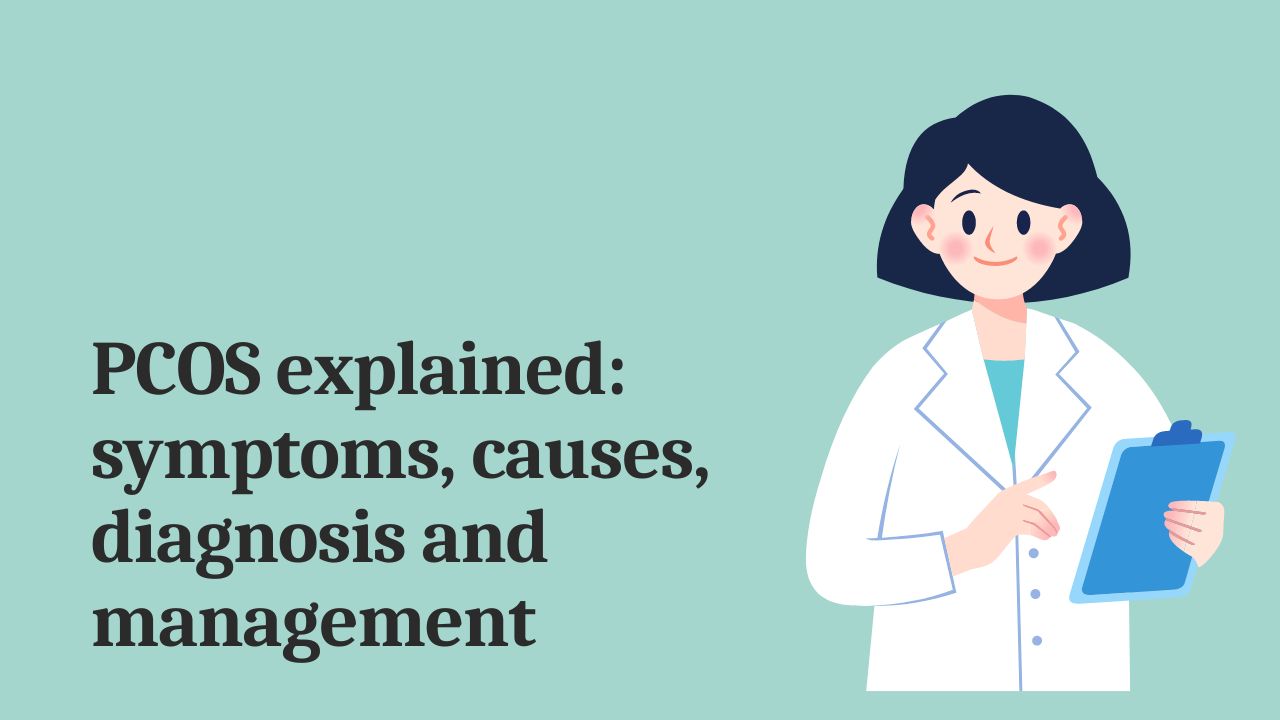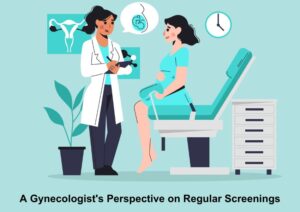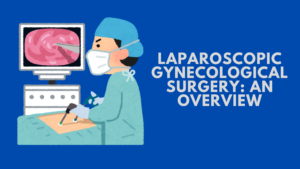Polycystic ovarian syndrome or disease (PCOS/PCOD) is a hormonal disease that
predominantly impacts women of reproductive age. Ovaries produce abnormal levels of
androgen (male hormones), causing disorders in female hormonal control. According to
various research and studies, due to hormonal imbalance, 20% of Indian women suffer from
PCOS psychological effects. In this blog, we will explore the PCOS treatment as well as its
symptoms, causes, and effective handling tricks.
This hormonal imbalance causes irregular or longer menstrual cycles, increased hair on the
body, pimples, and hair loss. Polycystic ovaries can lead to trouble conceiving a pregnancy
because they fail to generate follicles and consistently discharge eggs. The condition is a
gynecological illness wherein a woman’s ovaries release premature eggs that mature into
cysts.
Symptoms of PCOS:
PCOS has a wide range of symptoms that are different for every woman. The following are
the most prominent symptoms:
Irregular Menstruation: Due to hormonal imbalances, irregular or longer menstrual
cycles have been seen in women with PCOS.
Irregular ovulation: Polycystic ovaries can lead to trouble conceiving a pregnancy
because they fail to generate follicles and consistently ovulate. Infertility is caused by
a lack of ovulation, which is the prime reason for not conceiving a baby.
High androgen (male hormone) levels: Ovaries produce excessive amounts of
androgen (male hormones), which can result in pimples, hirsutism (excessive hair
growth in the body), and male-pattern baldness.
Polycystic ovarian glands: Polycystic ovarian disease is a gynecological illness
wherein a woman’s ovaries release premature eggs that mature into small, fluid-filled
cysts that are visible in both ovaries.
Glucose deficiency: PCOS is related to a lack of glucose, which can result in obesity
(weight gain) and difficulty controlling blood sugar levels.
Mood swings: PCOS patients may experience mood changes, depression, fatigue, or
anxiety.
Metabolic Problems: The risk of metabolic diseases such as type 2 diabetes and
cardiovascular disease is raised.
Causes of PCOS in females:
Although the actual reasons for PCOS are unknown, various factors are responsible for its
development. These are some examples:
Genetic disorder of the family
Hormonal Discordance
Insulin Deficiency
Lifestyle Factors
Environmental Aspects
Diagnosing PCOD/PCOS
Treatment for PCOS/PCOD is a joint effort between patients and gynecologists. Below are the
diagnosis processes.
Gynaecology history: Search for one of the best doctors for PCOS treatment and
share your gynecology history, like menstrual periods, type of cramps during periods,
weight changes, etc.
Irregular periods
Higher blood levels of androgens
Polycystic ovaries
The signs of elevated androgen levels are:
abnormal growth of hair on the face and body
Pimples
hair loss
Physical examination
Pelvic examination to look for tumors, growths, or other abnormalities in the
reproductive organs.
What test is done for PCOS?
Blood, glucose tolerance, cholesterol, triglyceride levels, etc.
Scanning and Pelvic Ultrasound: To examine the physical
characteristics of your ovaries and the thickness of your uterine lining,
as well as the cyst.
Obstructive sleep apnea, depression, and anxiety screening
PCOS management
It’s an individual choice, with everyone taking a unique odyssey for their wellness.
Healthy Diet
Regular Exercise
Stress Management
Hydration
Medicine for Balancing the Hormones
Medicine for Fertility
Conclusion:
PCOS, a complicated combination of symptoms, causes, and management methods, is an
individual journey. Consultation with the best doctor for PCOS treatment is essential for
building suitable treatment programs to tackle the unique issues of PCOS.






